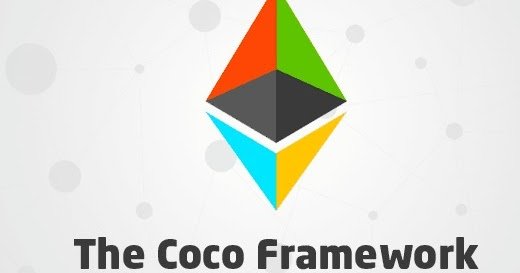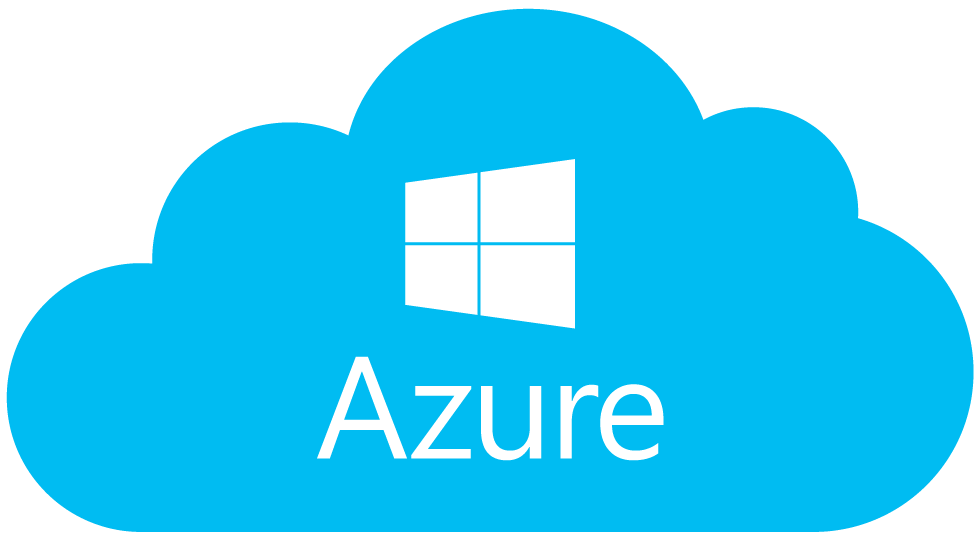Meet Coco, Microsoft’s enterprise-ready scalability solution for Ethereum.
Ethereum’s slow computing capabilities is particularly problematic for any project wishing to run enterprise-scale applications on top of the blockchain and effectively constitutes a bottle-neck in the path of the mass-adoption of Ethereum.
We’ve already touched on Ethereum’s scalability problems in an article which compared Ethereum with EOS but today I’d like to introduce you to one possible solution to this fundamental issue.
Introducing…

...or "Coco" for short.
Coco is a project which is being developed by Microsoft Azure:
Microsoft Azure is a cloud computing service created by Microsoft for building, testing, deploying, and managing applications and services through a global network of Microsoft-managed data centers. It provides software as a service (SAAS), platform as a service and infrastructure as a service and supports many different programming languages, tools and frameworks, including both Microsoft-specific and third-party software and systems.

Coco aims at facilitating enterprise blockchain adoption by addressing three keys issues: scalability, confidentiality and consortium governance.
Coco achieves this by designing specifically for confidential consortiums, where nodes and actors are explicitly declared and controlled. Based on these requirements, Coco presents an alternative approach to ledger construction, giving enterprises the scalability, distributed governance and enhanced confidentiality they need without sacrificing the inherent security and immutability they expect.
You can watch Mark Russinovich (CTO of Microsoft Azure) introduce Coco and show a demo of the framework in this video:
Most interestingly, Coco is a multi-ledger solution:
By design, Coco is open and compatible with any blockchain protocol. Microsoft has already begun integrating Ethereum into Coco and we’re thrilled to announce that J.P. Morgan Chase, Intel and R3 have committed to integrating enterprise ledgers.
You can check this interview of Matthew Kerner (General Project Manager for blockchain solutions at Microsoft Azure) hosted by the folks over at Epicenter on YouTube.
There are many reasons why I am very excited by this project:
Coco has a very strong dev team, experienced in blockchain and (unlike most projects in the sphere) with doing business with enterprises;
Coco is not another dodgy ICO-funded project which aims at printing money out of thin air by issuing worthless tokens;
Coco doesn't surf on the hype wave of decentralization but realistically provides a centralized solution which uses Microsoft Azure's off-chain computational data-centers to provide computational power to the framework, interacting with ledgers only to issue smart contracts;
Coco doesn't require individual enterprises to build their own blockchain (unlike STRATIS for example) but rather is an enterprise-friendly framework which runs on top of existing ledgers (whether Ethereum, UBIQ, NEO, QTUM, you name it) ;
I really encourage you to watch both videos I posted to forge your own opinion on the project.
I personally think this project could be a game changer and that we may be at the dawn of a new era in blockchain adoption.
What do you think about Coco?
Please follow, resteem and upvote if you like the content.
#cryptocurrency #bitcoin #ethereum #eos
Dan @tradealert
Defeats the purpose of distributed systems. Eventually all these platforms: Ethereum, Bitcoin, etc will solve the scalability problem and then this centralized option will be unnecessary. The whole point of cryptocurrencies is to disintermediate rent seeking middle men like Microsoft so using something like this really defeats the purposes IMHO of distributed systems.
Hi @imrane I can see where you're coming from but I would say this: